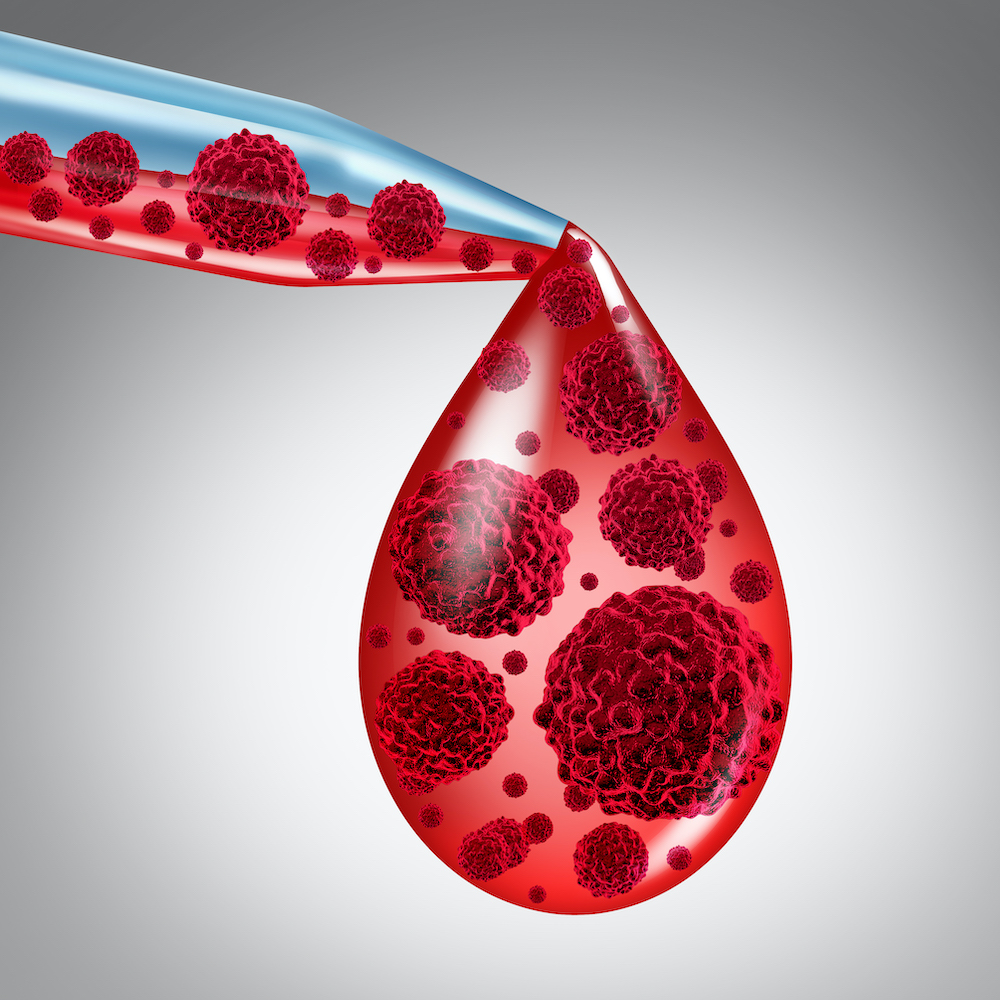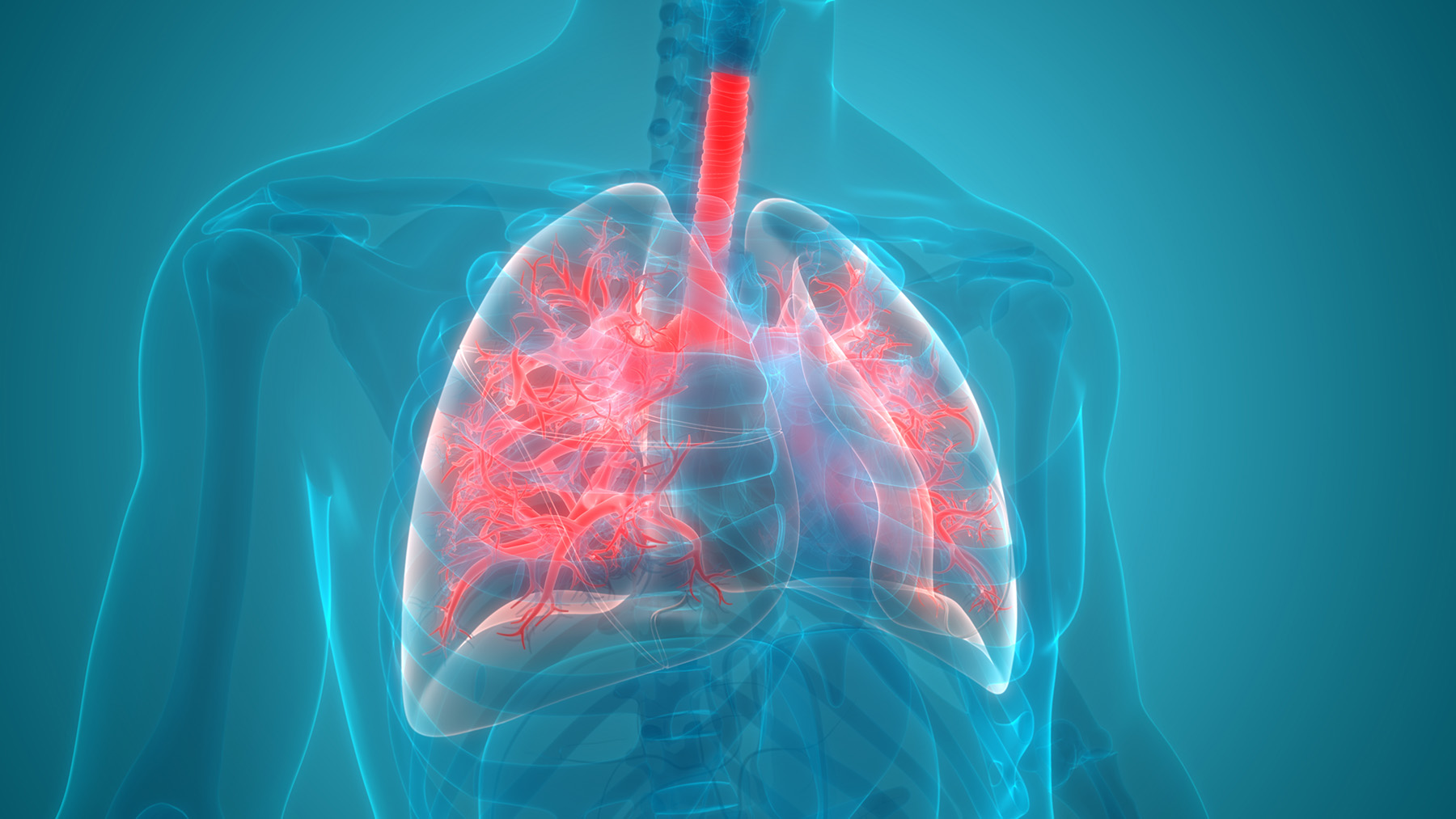Credits:
This is a FREE CE/CME on demand webcourse.
The Potomac Center for Medical Education designates this enduring material for a maximum of 1.0 AMA PRA Category 1 Credit™.
Once you register or login, you will be taken to the Rockpointe CME site to complete your free webcourse.
Launch Date:
August 18, 2021
Expiration Date:
August 18, 2022
primary audience:
Clinicians who are responsible for the diagnosis and management of patients with advanced NMSC (Non-Melanoma Skin Cancer), Oncologists, Oncology nurses
Relevant Terms:
No Data Found
PROGRAM DESCRIPTION
The incidence of nonmelanoma skin cancers (NMSC), including cutaneous squamous cell carcinomas (CSCC) and basal cell carcinomas (BCC), is increasing globally. Although these cancers are treatable with surgery or radiotherapy, locally advanced or metastatic forms of these carcinomas are life-threatening, difficult to treat, are not amenable to those standard options, and historically, have had few treatment options. Greater knowledge of the role of the immune system in the development of cancer, and of the role of programmed death-1 (PD-1) in evading immune clearance, has led to the study of PD-1 and PD-L1 inhibitors in the management of advanced and metastatic NMSCs. This research has led to the approval of a checkpoint inhibitor as the first treatment specifically for advanced CSCC and the continued development of checkpoint inhibitors for treating advanced BCC. Oncologists need to be aware of what constitutes a thorough diagnostic evaluation and accurate staging of patients to develop more effective individualized, evidence-based management plans. In addition, oncologists need to understand current evidence regarding the use of immunotherapies such as checkpoint inhibitors.
The CME program, Nonmelanoma Skin Cancers: Current and Emerging Checkpoint Inhibitors for Treating Advanced Basal Cell and Squamous Cell Carcinomas, will provide oncologists with current guideline-based diagnostic, staging, and treatment strategies for patients with advanced BCC and CSCC as well as how newly approved and agents in development fit into treatment strategies.
AGENDA
Welcome and Introductions
Evidence-based Diagnosis and Staging of Advanced Nonmelanoma Skin Cancers
Current and Emerging Therapies for Treating Advanced BCC and CSCC
Q&A Session and Activity Roundup
PROGRAM FACULTY AND STEERING COMMITTEE

Assistant Professor,
Medical Oncology Department of Melanoma and Sarcoma Rutgers
Cancer Institute of New Jersey
New Brunswick, NJ
Roman Groisberg, MD is excited to join Rutgers Cancer Institute of New Jersey following an internal medicine residency at Yale-New Haven hospital and a hematology/oncology fellowship at MD Anderson Cancer Center. He sees patients as part of the Melanoma and Sarcoma Program and the Phase I/Investigational Therapeutics Program at Rutgers Cancer Institute.Dr. Groisberg has always believed that life is about human connections – reaching out to another person for advice, reassurance, a hug, or a conversation. It is such moments that have guided and defined his life through a series of mentors, each impressing upon him important values and life lessons. Mentors steered him toward research in biology, medical school, oncology, and clinical trials. Finally, synthesizing his molecular biology background with his interest in early phase clinical trials into a career developing targeted cancer therapies.Every cancer and every patient is unique and there is no “usual” treatment. Treatment decisions are made using the latest in diagnostic techniques such as next-generation DNA sequencing which gives the particular genomic profile of a tumor. Dr. Groisberg uses this data in his practice to design an individualized treatment plan for each of his patients implementing a variety of tools at his disposal including targeted therapy, chemotherapy, and immunotherapy to achieve the best possible results. He also ensures that the treatment plan fits with the patient’s lifestyle.It is Dr. Groisberg’s goal to provide the latest and most advanced therapies for his patients, making sure that novel drugs are available as part of a clinical trial. He educates his patients on the importance of clinical trials and encourages them to participate not only for themselves, but for cancer patients worldwide – today and in the future. His particular interest is in drugs that target specific drivers of a tumor.Dr. Groisberg is the author or co-author of numerous publications, reviews, book chapters, abstracts, and presentations related to targeted therapy in cancer, especially related to sarcomas. He has received the prestigious Connie and Jim Walter endowed fellowship for sarcoma research as well as the Daniel Benedict Gazan endowed sarcoma fellowship. He has also received the American Society of Clinical Oncology merit award for outstanding research in targeted sarcoma therapy as well as a top prize by the Texas State Oncology Society research competition. He is a member of several national and international cancer societies including ASCO, EACR, AACR, and CTOS, where he presents his research.

Jefferson Medical Oncology
Philadelphia, PA

Medical Oncology Fellowship
Program Director/Melanoma Program
Director St. Luke’s Cancer
Center – St. Luke’s University Health
NetworkEaston, PA
TARGET AUDIENCE
The intended audience for this educational initiative is oncologists, oncology nurses, and other clinicians who are responsible for the diagnosis and management of patients with advanced NMSC (Non-Melanoma Skin Cancer).
EDUCATIONAL OBJECTIVES
At the conclusion of this activity, participants should be able to:
- Make timely diagnoses of patients with BCC or CSCC using current evidence-based criteria
- Accurately stage and risk stratify patients with BCC or CSCC to establish optimal follow-up regimens
- Make evidence-based treatment selections for patients with advanced BCC or CSCC
- Assess the safety and efficacy of emerging therapies for advanced BCC or CSCC
PHYSICIAN ACCREDITATION STATEMENT
This activity has been planned and implemented in accordance with the accreditation requirements and policies of the Accreditation Council for Continuing Medical Education (ACCME) through the joint providership of the Potomac Center for Medical Education and Rockpointe. The Potomac Center for Medical Education is accredited by the ACCME to provide continuing medical education for physicians.
PHYSICIAN DESIGNATION CREDIT STATEMENT
The Potomac Center for Medical Education designates this enduring material for a maximum of 1.0 AMA PRA Category 1 Credit™. Physicians should claim only the credit commensurate with the extent of their participation in the activity.
For questions regarding CME/MOC/MIPS credit or the evaluation, please email contact@potomacme.org.
ABIM MOC DESIGNATION STATEMENT

Successful completion of this CME activity, which includes participation in the evaluation component, enables the participant to earn up to 1.0 Medical Knowledge MOC points in the American Board of Internal Medicine’s (ABIM) Maintenance of Certification (MOC) program. It is the CME activity provider’s responsibility to submit participant completion information to ACCME for the purpose of granting ABIM MOC credit.
To recieve CME credit and/or MOC points, you MUST pass the post-test and complete the evaluation. For ABIM MOC points, your information will be shared with the ABIM through PCME’s ACCME Program and Activity Reporting System (PARS). Please allow 6-8 weeks for your MOC points to appear on your ABIM records.
MOC APPROVAL STATEMENT
![]()
Through the American Board of Medical Specialties (“ABMS”) ongoing commitment to increase access to practice relevant Continuing Certification Activities through the ABMS Continuing Certification Directory, “Nonmelanoma Skin Cancers: Current and Emerging Checkpoint Inhibitors for Treating Advanced Basal Cell and Squamous Cell Carcinomas” has met the requirements as a MOC Part II CME Activity (apply toward general CME requirement) for the following ABMS Member Boards:
MOC Part II CME Activity
Family Medicine
NURSING ACCREDITATION AND DESIGNATION STATEMENT
 In support of improving patient care, this activity has been planned and implemented by Amedco LLC and Rockpointe Corporation. Amedco LLC is jointly accredited by the Accreditation Council for Continuing Medical Education (ACCME), the Accreditation Council for Pharmacy Education (ACPE), and the American Nurses Credentialing Center (ANCC), to provide continuing education for the healthcare team.
In support of improving patient care, this activity has been planned and implemented by Amedco LLC and Rockpointe Corporation. Amedco LLC is jointly accredited by the Accreditation Council for Continuing Medical Education (ACCME), the Accreditation Council for Pharmacy Education (ACPE), and the American Nurses Credentialing Center (ANCC), to provide continuing education for the healthcare team.
NURSES (ANCC)
Amedco LLC designates this activity for a maximum of 1 ANCC contact hour.
Click here to download nursing learner notification.
MIPS CREDIT DESIGNATION
![]()
Completion of this accredited CME activity meets the expectations of an Accredited Safety or Quality Improvement Program (IA_PSPA_28) for the Merit-based Incentive Payment Program (MIPS).
In order to fulfill requirements for MIPS improvement activity, participants will need to fill out 2 brief follow-up surveys at 30- and 90-days post-activity.
DISCLOSURE INFORMATION
Potomac Center for Medical Education (PCME) adheres to the policies and guidelines, including the Standards for Integrity and Independence in Accredited CE, set forth to providers by the Accreditation Council for Continuing Medical Education (ACCME) and all other relevant professional organizations, stating those activities where continuing education credits are awarded must be balanced, independent, objective, and scientifically rigorous.
All persons in a position to control the content of an accredited continuing education program provided by the Potomac Center for Medical Education are required to disclose to PCME all financial relationships with any ineligible company within the past 24 months. All financial relationships reported are identified as relevant and mitigated by PCME in accordance with the Standards for Integrity and Independence in Accredited CE in advance of delivery of the activity to learners. The content of this activity was vetted by PCME to assure objectivity and that the activity is free of commercial bias. All relevant financial relationships have been mitigated by PCME.
Program Faculty and Steering Committee
The faculty, authors and content developers reported the following relevant financial relationships with ineligible companies:
Roman Groisberg, MD: Consultant/Independent Contractor: GLG; Grant/Research Support: Bristol Myers Squibb, Merck, Philogen, Regeneron, Roche/Genentech; Speaker’s Bureau: Deciphera
Max Lenowitz, CRNP: Nothing to disclose
Melissa Wilson, MD, PhD: Honoraria: Eisai
Planners and Managers
The planners and mangers reported the following relevant financial relationships with ineligible companies:
Chad Williamson, MS, MBA, CMPP: Nothing to disclose
Content Reviewers
The content reviewers reported the following relevant financial relationships with ineligible companies:
Katie Propst, PhD: Nothing to disclose
FDA DISCLOSURE
The contents of some CME activities may contain discussions of non-approved or off-label uses of some agents mentioned. Please consult the prescribing information for full disclosure of approved uses.
HARDWARE/SOFTWARE REQUIREMENTS
Please ensure the computer system you plan to use meets the following minimum requirements:
- Operating System: Windows 98 or higher & Macintosh 2.2 or higher
- Internet Browser (Mac & Windows): Google Chrome, Safari 5.0.6 or higher, Firefox 3.0.3 or higher, & Opera 5 or higher
- Broadband Internet connection: Cable, High-speed DSL & any other medium that is internet accessible
- Media Viewing Requirements: Adobe Reader, Microsoft PowerPoint, Flash Player & HTML5
INSTRUCTIONS FOR PARTICIPANTS AND OBTAINING CME/ANCC/MIPS CREDIT AND MOC POINTS
There is no fee for this activity. To receive credit, participants must take the pre-test, view this CME/MOC/ANCC/MIPS activity in its entirety, and then complete the post-test, with a score of 70% or better, and evaluation. The estimated time for completion of this activity is 1 hour. To receive their certificates, participants must demonstrate mastery of the presented material via the post-test. Participant is allowed to take the post-test multiple times.
Jointly provided by the Potomac Center for Medical Education and Rockpointe


Nursing Credit provided by Amedco.
This activity is supported by an independent medical education grant from Regeneron Pharmaceuticals, Inc and Sanofi Genzyme.
Click here for the PCME Privacy Policy





